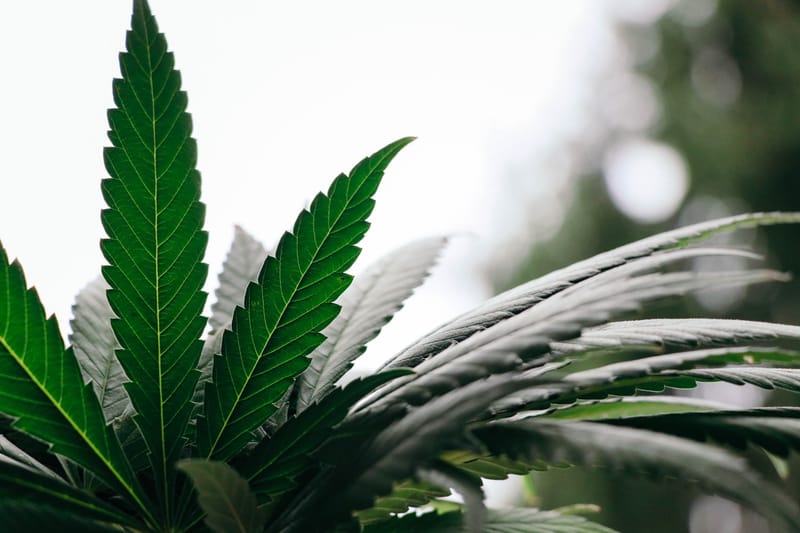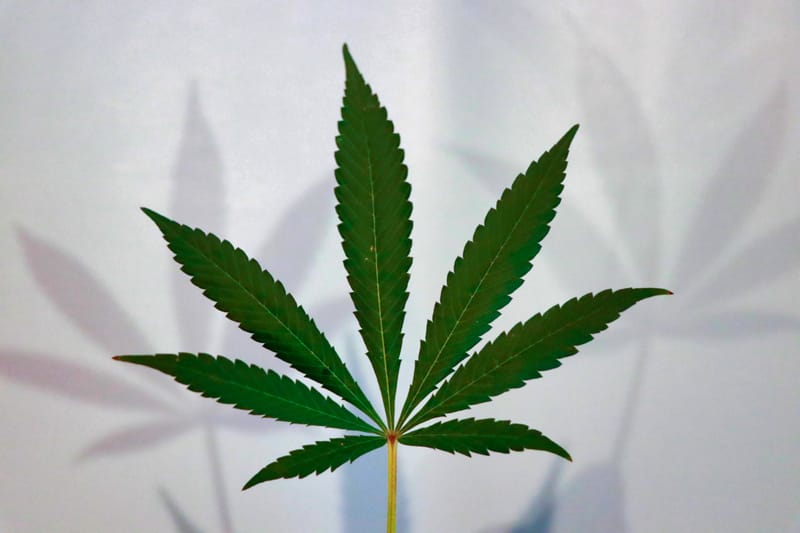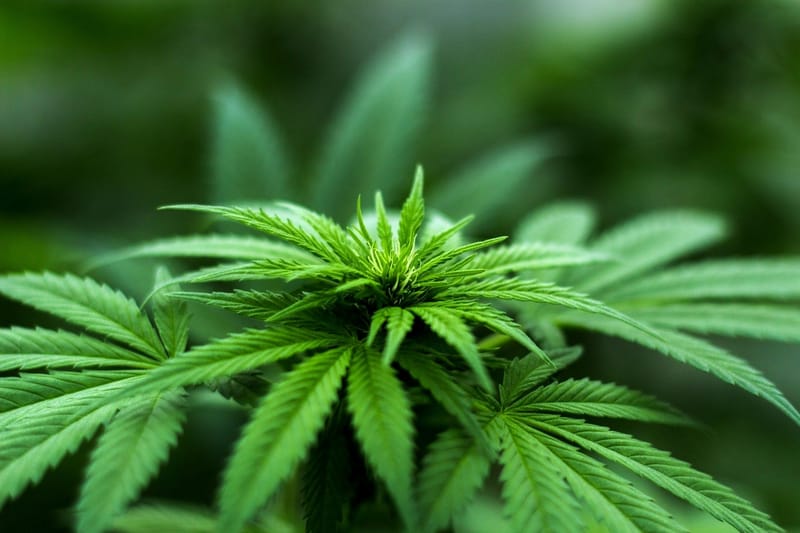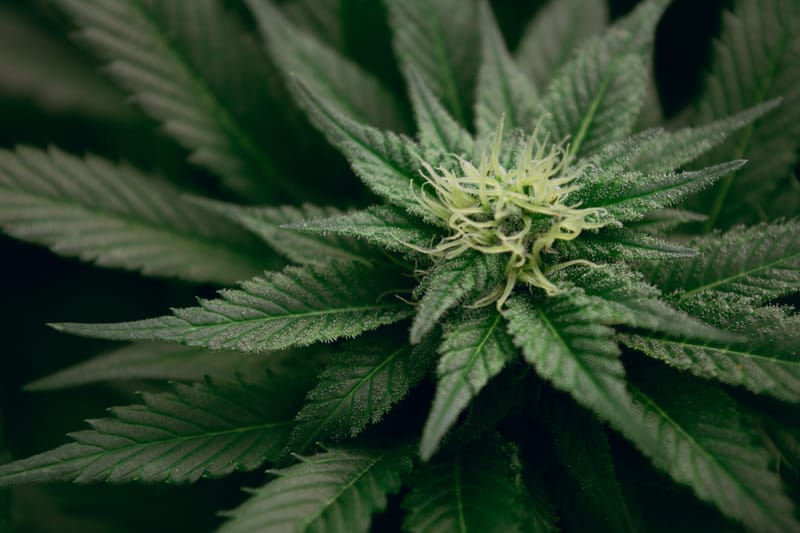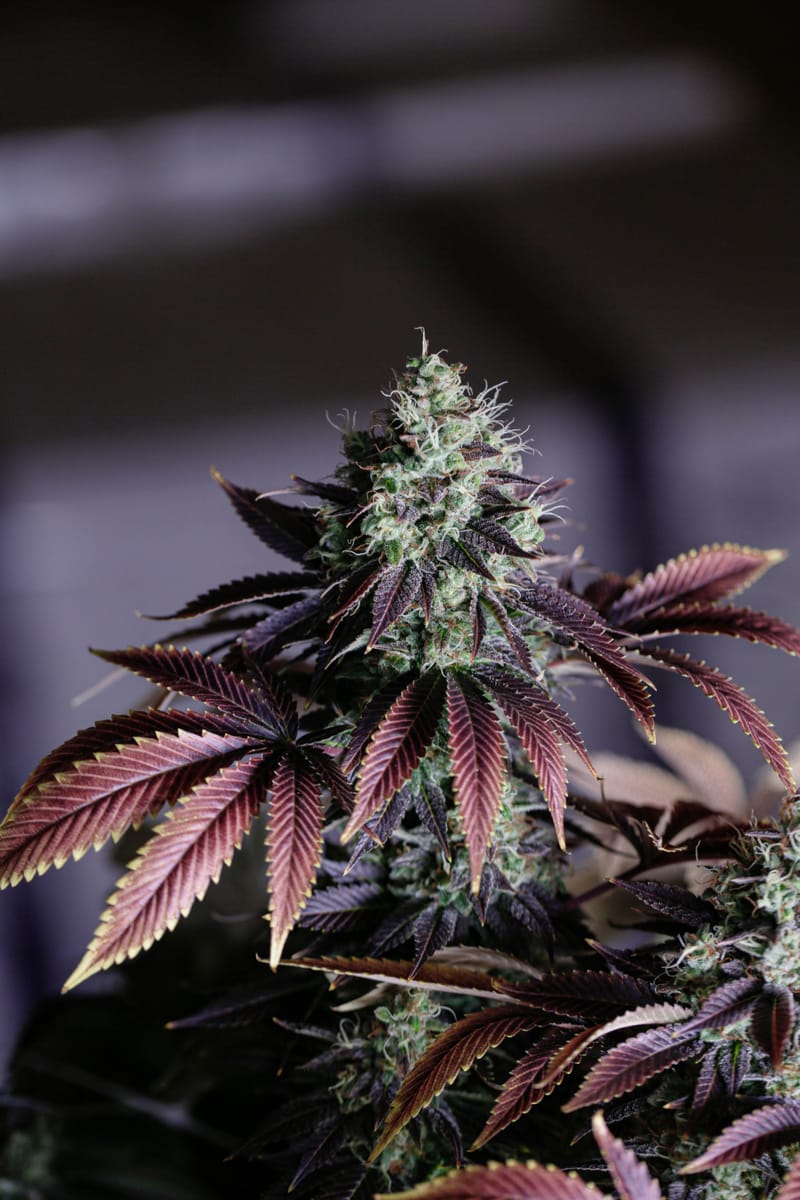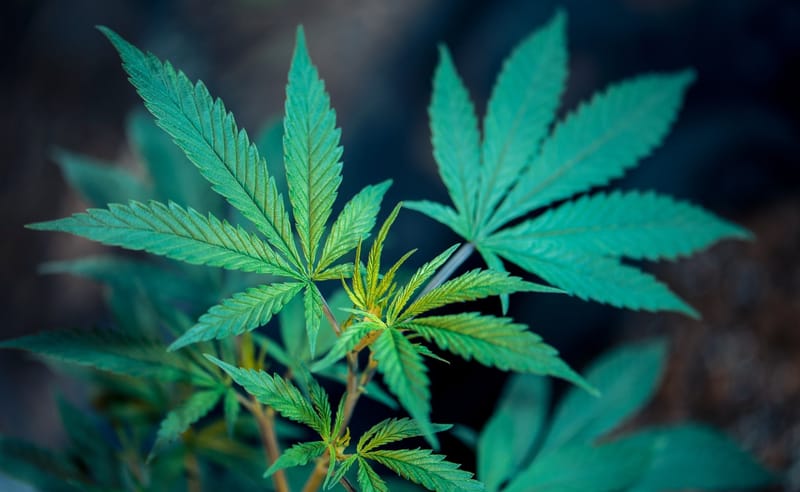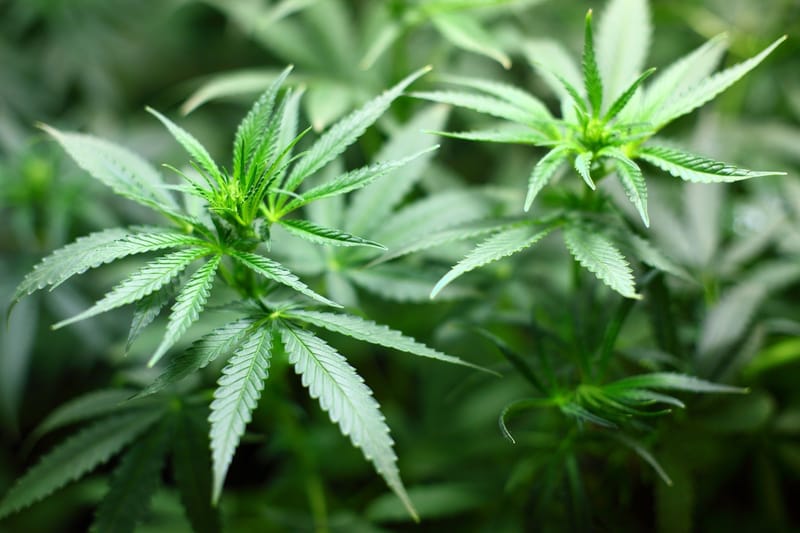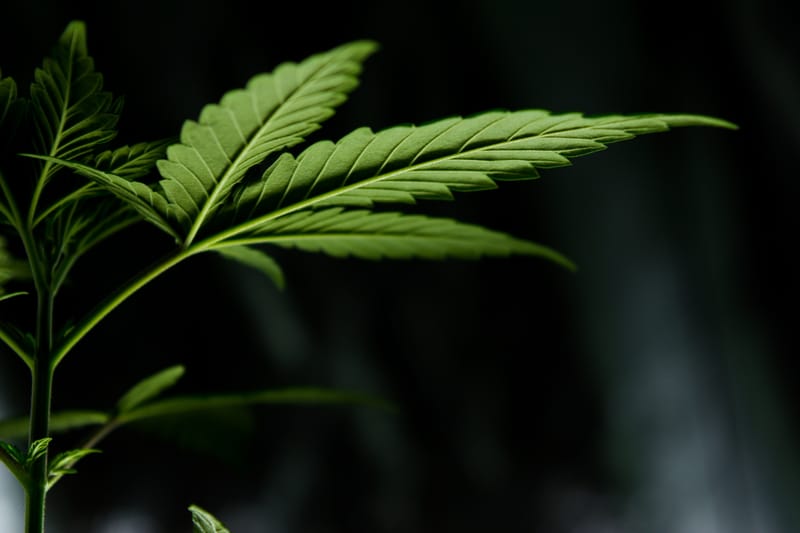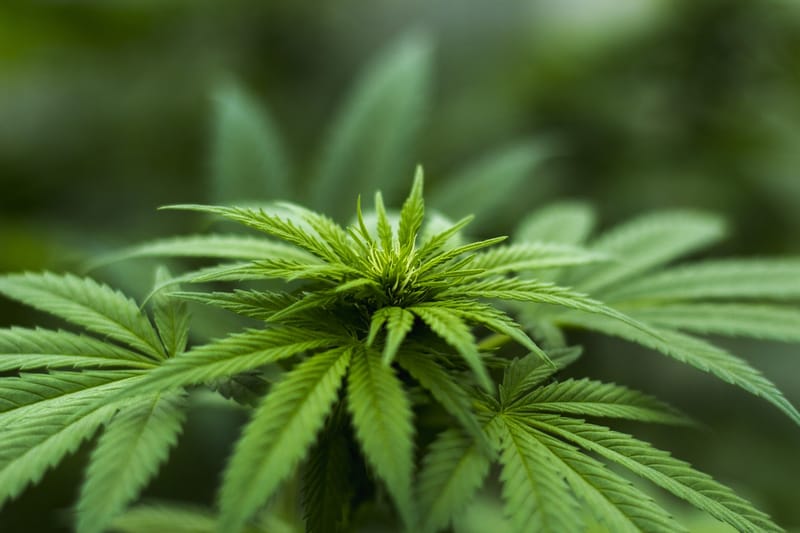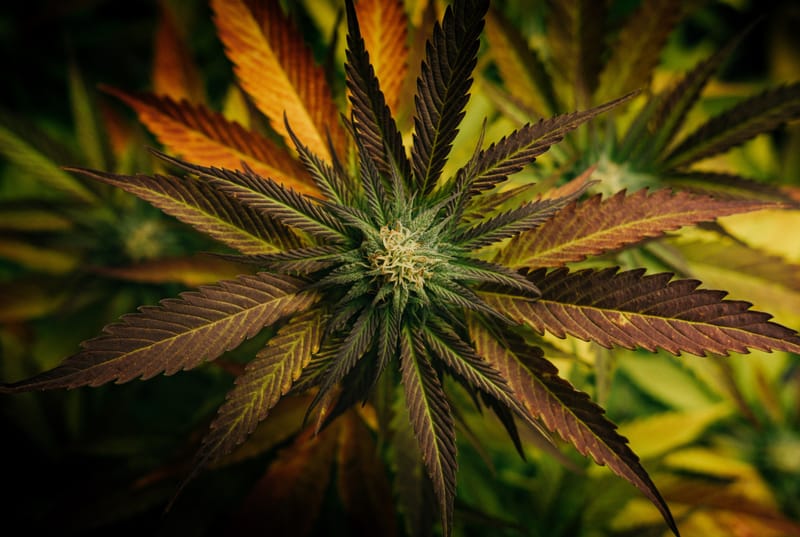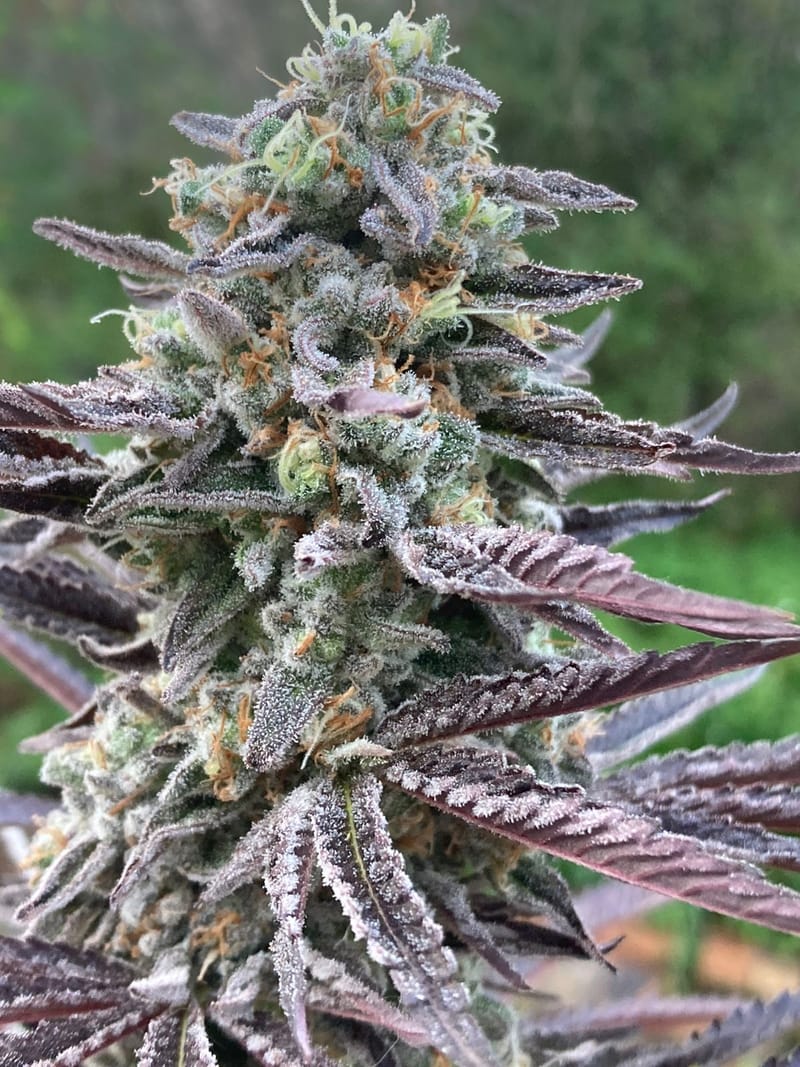G R A S G R O E N
Private Cannabis Club
ABOUT US
Grasgroenklub is committed to the cultivation of quality cannabis flower for it's members - at a reasonable price.
The aim is to provide a service that allow members to execute their right to cultivate cannabis, for personal use, in a private space.
Once you join Grasgroenklub, you are allowed to rent space in our cultivation area and we will grow your cannabis plant(s) for you.
Our plants are grown in a living ecosystem using the latest Biophilic production methodologies which eliminates the need for pesticides and pricy bottled nutrients.
The system is fed probiotic and enzyme based “ fertilizers “ and we make use of biological pest and disease control.
We grow with the season utilising the energy of the sun to grow our plants and to generate solar power to run the whole operation.
Plants grown this way will have superior taste, quality and shelf life.
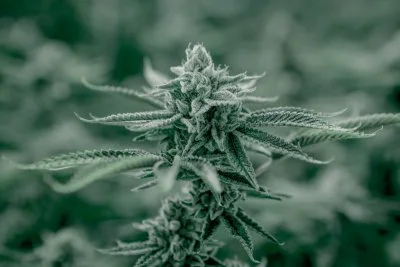

MEMBERSHIP application Form
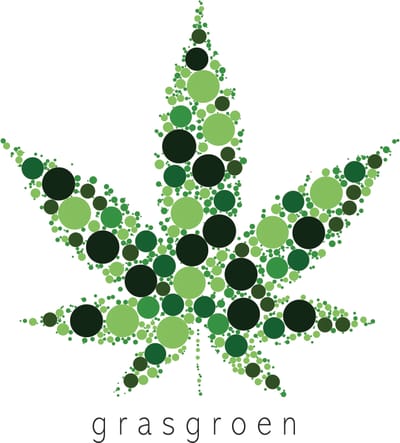
1. MEMBER DETAILS
| Member Full Name and Surname: | |
| Address: | |
| Phone Number: | |
| E-mail address: | |
| I.D Number | |
| Date of Birth | |
| Employment |
2. AGREEMENT AND FEES
This Agreement between the Member and the Grasgroenklub (“The Club”) is on an annual membership basis.
The annual membership will be R120/year. Payable in advance.
Membership fees will be reviewed on an annual basis and the Club shall give written notice prior to the annual adjustment, if applicable.
3. MEMBERS OBLIGATIONS
The Member agrees to obey all rules and regulations currently in force or rules and regulations in future prescribed by the Club including but not limited to the Club Code of Conduct and Club Constitution published on the website and posted in any Club premises and given in writing to the Member on the signing of this Agreement and by way of any notice served pursuant to Clause 8 below.
The Member acknowledges that they have been provided with mandatory educational material pertaining to the safe and healthy consumption of cannabis.
The Club reserves the right to revoke this Membership Agreement if the Member is in breach of any of the rules and regulations or for reason of nuisance, disturbance, moral turpitude or fraud in accordance with the Club Constitution by giving notice in accordance with this Agreement.
The Member provides a guarantee that they will not do anything which does or may end, limit or cause to be revoked the Member’s constitutional right to cultivate cannabis pursuant to the Constitutional Court ruling of September 2018 including, but not limited to any dealings of cultivation of cannabis by the Member outside the limits and direction of the Club.
4. CODE OF CONDUCT
Without limiting the Member’s obligations to obey the rules and regulations of the Club presently in force or in future prescribed, the Member agrees to obey the following –
- A member of Grasgroenklub must be older than 20 years
- Only one membership is allowable per legal person older than 20 years.
- A member of Grasgroenklub must be a cannabis enthusiast interested in the educational, medicinal, recreational benefits of cannabis and promotion of the same.
- A member of Grasgroenklub will be vetted and verified for criminal records and financial soundness.
- A member of Grasgroenklub is required to be a free-minded, free-thinking, self-sustaining individual.
- A member of Grasgroenklub will be required to assist in an annual volunteer program of education and advocacy on cannabis.
- A member of Grasgroenklub may not buy, sell or otherwise trade cannabis that has been generated and supplied to you by the Club.
- A member of Grasgroenklub cannot join and get cannabis or any related product on the same day.
- A member of Grasgroenklub must ensure all personal details are kept up to date.
- The Grasgroenklub reserves the right to produce and retain 25% of all harvests as a buffer for future crop failure, for use in Club events and for research and development of new products.
5. CLUB OBLIGATIONS
The Club shall maintain the purposes of the Club to the best of its ability in accordance with the Club Constitution and Club Rules for the benefit of the Members.
The Club shall use all reasonable endeavours to provide to the Member a minimum monthly allocation of cannabis
6. DISPATCH REQUEST, AUTHORIZATION AND CONFIRMATION OF APPOINTMENT OF AGENT
The below mentioned Member herewith confirm that once a member of the Grasgroenklub he/she will become the owner of the property which is kept and stored in a communal locker situated at Grasgroenklub.
The Member herewith confirms that the representative of Grasgroenklub has been appointed as his/her exclusive agent to deal with his/her property as per the property label awarded to the Member and that same is done authority and instruction from the Member, the instruction being for the agent to:
1. Access his/her locker;
2. Handle his/her property;
3. Remove and package 100 grams of his/her property;
4. Send the Members` property to him/her by way of courier service;
5. Store the remainder of the Members` property;
7. NON-TRANSFER
It is expressly understood and agreed that this Agreement is not assignable or transferable by the Member and no rights or privileges granted by this Agreement may be transferred or assigned by the Member.
8. NOTICES
All written notices between the parties to this Agreement and other communications are validly served if communicated via Whatsapp.
9. TERMINATION
Without limiting the Clubs ability to terminate this Agreement for cause, the Club may terminate this Agreement by giving 1 month’s written notice to the Member.
The Member may cancel this Agreement by giving not less than 1 month’s written notice to the Club pursuant to Clause 8 above.
The Member acknowledges receipt of a copy of this Agreement on the date hereof executed by the Club and the Member and both parties acknowledge these Agreement terms.
MEMBER:
| Print Name: | |
| Signature: | |
| Date: | |
| Property label: |
CLUB REPRESENTATIVE:
| Print Name: | ||
| Signature: |
Please note: All applications should be accompanied by a photo of both sides of your ID document.
FREQUENTLY ASKED QUESTIONS
What is PRIVATE CANNABIS club
WHAT IS A PRIVATE CANNABIS CLUB:
A cannabis private cannabis club is:
● An association of like minded adults,
● Who are exercising their constitutional rights to association1 and privacy2,
● In order to possess, cultivate, consume and share their cannabis in a private space;
● Which private space is created by the club, physically and through its constitution and rules;
1Section 14 of Chapter 2: Bill of Rights;
2Section 18 of Chapter 2: Bill of Rights;
IS IT ILLEGAL?
This question is difficult to answer as Cannabis possession, consumption, cultivation and distribution had to date only been decriminalized and the South African Government is in the process to assent laws which will govern same.
Therefore currently there exists no precedent in our law in terms of cannabis social clubs and as such we are on the forefront in terms of the industry and its self-regulatory compliance, to standards set by those willing who operate within the industry.
We are of the view that we are operating within the confines and prescripts of the legislation, however we cannot give any guarantees that our interpretation and applications of the laws are correct, nor that no other interpretation exists.
It is our view that currently cannabis cultivation and consumption has been decriminalized by the constitutional judgment:
Minister of Justice and Constitutional Development and Others v Prince (Clarke and Others Intervening); National Director of Public Prosecutions and Others v Rubin; National Director of Public
Prosecutions and Others v Acton (CCT108/17) [2018] ZACC 30; 2018 (10) BCLR 1220 (CC); 2018 (6) SA 393 (CC); 2019 (1) SACR 14 (CC) (18 September 2018)
The most relevant portion of the judgment reads as follows:
6. The cross-appeal is upheld in part to the extent that the reference in the order of the High Court to “in a private dwelling” or “in private dwellings” is replaced with “in private” or in the case of cultivation, “in a private place”. [own emphasis]
7. The order of the Western Cape Division of the High Court is confirmed only to the extent reflected in this order and is not confirmed in so far as it is not reflected in this order.
8. To the extent that the order of the Western Cape Division of the High Court purported to declare as constitutionally invalid provisions of sections referred to in that order that prohibit the purchase of cannabis, that part of the order is not confirmed.
9. To the extent that the order of the Western Cape Division of the High Court excluded from the ambit of its order of the declaration of invalidity provisions of the sections referred to in that order that prohibit the use or possession of cannabis in private in a place other than a private dwelling by an adult for his or her own personal consumption in private, that part of the order is not confirmed.
10. It is declared that, with effect from the date of the handing down of this judgment, the provisions of sections 4(b) of the Drugs and Drug Trafficking Act 140 of 1992 read with Part III of Schedule 2 of that Act and the provisions of section 22A(9)(a)(i) of the Medicines and Related Substances Control Act 101 of 1965 read with Schedule 7 of GN R509 of 2003 published in terms of section 22A(2) of that Act are inconsistent with right to privacy entrenched in section 14 of the Constitution and, therefore, invalid to the extent that: they make the use or possession of cannabis in private by an adult person for his or her own consumption in private a criminal offence. [own emphasis]
11. It is declared that, with effect from the date of the handing down of this judgment, the provisions of section 5(b) of the Drugs and Drug Trafficking Act 140 of 1992 read with Part III of Schedule 2 of that Act and with the definition of the phrase “deal in” in section 1 of the Drugs and Drug Trafficking Act 140 of 1992 are inconsistent with the right to privacy entrenched in section 14 of the Constitution and, are, therefore, constitutionally invalid to the extent that: they prohibit the cultivation of cannabis by an adult in a private place for his or her personal consumption in private. [own emphasis]
12. The operation of the orders in 10 and 11 above is hereby suspended for a period of 24 months from the date of the handing down of this judgment to enable Parliament to rectify the constitutional defects.
13. During the period of the suspension of the operation of the order of invalidity:
(a) section 4(b) of the Drugs and Drug Trafficking Act 140 of 1992 shall be read as if it has sub-paragraph (vii) which reads as follows:
“(vii) , in the case of an adult, the substance is cannabis and he or she uses it or is in possession thereof in private for his or her personal consumption in private.”
(b) the definition of the phrase “deal in” in section 1 of the Drugs and Drug Trafficking Act 140 of 1992 shall be read as if the words “other than the cultivation of cannabis by an adult in a private place for his or her personal consumption in private” appear after the word “cultivation” but before the comma.
(c) the following words and commas are to be read into the provisions of section 22A(9)(a)(i) of the Medicines and Related Substances Control Act 101 of 1965 after the word “unless”:
“, in the case of cannabis, he or she, being an adult, uses it or is in possession thereof in private for his or her personal consumption in private or, in any other case,”
14. The above reading-in will fall away upon the coming into operation of the correction by Parliament of the constitutional defects in the statutory provisions identified in this judgment.
15. Should Parliament fail to cure the constitutional defects within 24 months from the date of the handing down of this judgment or within an extended period of suspension, the reading-in in this order will become final.
In light of the aforementioned, it is our interpretation of the reading in to the legislation, that an adult South African citizen is allowed to:
- cultivate and possess cannabis;
- for personal use;
- In private;
HOW DOES THE CLUB WORK?
- A social cannabis club is a members’ only club.
- Therefore, the general public at large does not have access to the club as a right3.
- The members of the club are all adults who knowingly applies for membership of the club after a thorough induction and vetting process, initiated by the club.
- The club committee or dedicated members registrar officer makes the final decision in terms of a prospective members application.
- Once a membership status has been confirmed, the member has access to the club sharing station and enjoys the rights associated with membership as set out in the club’s constitution.
- Our clubs strictly advocate for and enforce its internal rules of responsible use. In example:
We educate our members to conceal their cannabis whilst in a public space
We limit the quantity of cannabis that a member is allowed to obtain from the sharing station to a maximum of 100g to ensure that cannabis only for personal
4 Minister of Justice and Constitutional Development and Others v Prince….
3 Definition of “private space” in Section 1 of the Cannabis for Private Purposes Bill;
Therefore, we are of the view that in terms of prayer 10 of the order of the Constitutional Court Privacy Judgment 5, the private club conforms to the reading into the relevant acts and thus the use or possession of cannabis by the members, are in private and it is possessed by adult persons for their own consumption in private.
5 Minister of Justice and Constitutional Development and Others v Prince….
WHAT ARE THE LIMITS ON SHARING AND WHY DO THEY MATTER?
The club has adopted the following limits in terms of sharing between members:
- 100 Grams of cannabis per member;
The reason behind the limits on sharing is due to the fact that the club advocates for the responsible use of cannabis by adults in private;
The club wants to ensure that all of their members use cannabis appropriately and for the correct reasons.
By setting the limits in terms of sharing, the clubs attempt to avoid an oversupply of cannabis to its members. In so doing it:
- Reduces the possibility that cannabis is used for any other purpose than for personal use.
- Reduces the possibility that the cannabis enters the black market;
- Allows the club to formulate and track sharing patterns of its individual members and thus it would allow the club to intervene where the club is of the view that a member’s sharing patterns are a concern. The club can then assist in obtaining counselling for the member or referring the member to a Rehabilitation Centre.
